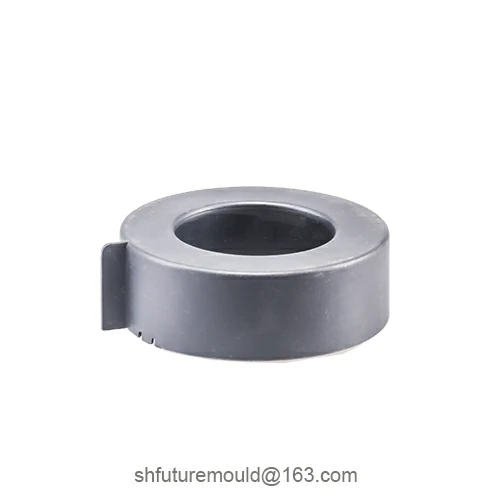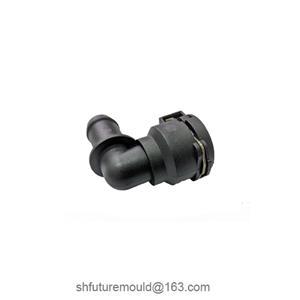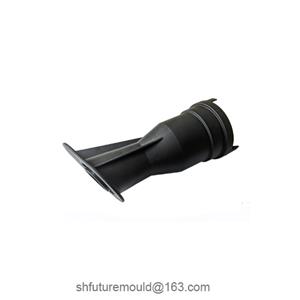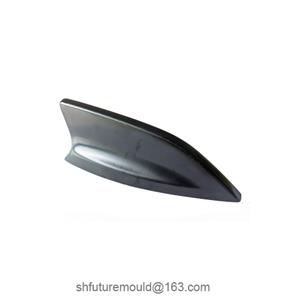Problems Caused by Insufficient Venting in Injection Molds and Improvement Measures
Insufficient venting in injection molds is a common issue in the manufacturing process that can significantly impact product quality.
I. Problems Caused by Insufficient Venting
(a) Product Surface Defects
Burn marks: Compressed air that cannot be expelled forms localized hot spots, leading to plastic degradation and burn marks on the product surface.
Silver streaks: Entrapped air in the mold cavity mixes with the molten plastic, resulting in silvery streaks on the product surface.
Flow marks: When air cannot escape smoothly, it disrupts the flow of molten plastic, causing wave-like or striped marks on the product surface.
(b) Internal Product Defects
Voids: Entrapped air forms voids within the product, reducing its mechanical properties like strength and toughness.
Density variations: Uneven filling due to air pockets leads to density variations, affecting dimensional stability and potentially causing deformation during subsequent processing or use.
(c) Injection Molding Process Issues
Short shots: Air occupying mold volume hinders the complete filling of the cavity, resulting in incomplete parts.
Increased injection pressure: To overcome air resistance, higher injection pressures are required, increasing energy consumption and potentially damaging the mold.
II. Measures to Improve Venting in Injection Molds
(a) Mold Design Phase
Venting grooves: Strategically located venting grooves allow air to escape.
Venting through inserts and ejector pins: Small gaps between inserts and the cavity, or between ejector pins and their holes, can serve as venting paths.
Permeable steel inserts: These inserts allow air to pass through tiny pores.
(b) Injection Process Adjustments
Reduced injection speed: Slower speeds allow more time for air to escape.
Adjusted injection pressure: A balanced pressure ensures filling without excessive compression of air.
Increased holding time and cooling time: These can help to consolidate the part and allow for more complete venting.
(c) Mold Maintenance and Cleaning
Cleaning venting channels: Regularly clean venting channels to remove contaminants that can obstruct airflow.
Inspect and replace damaged inserts and ejector pins: Damaged components can compromise venting effectiveness.
- Injection Mold
- Automotive Injection Mold
- Electronics & Electrical Injection Mold
- Consumer Goods Injection Mold
- Airplane Components Injection Mold
- Medical Components Injection Mold
- Irrigation Components Injection Mold
- Injection Molds




